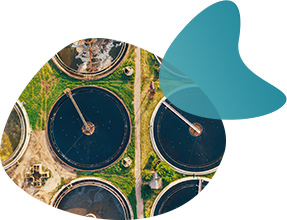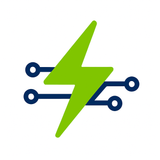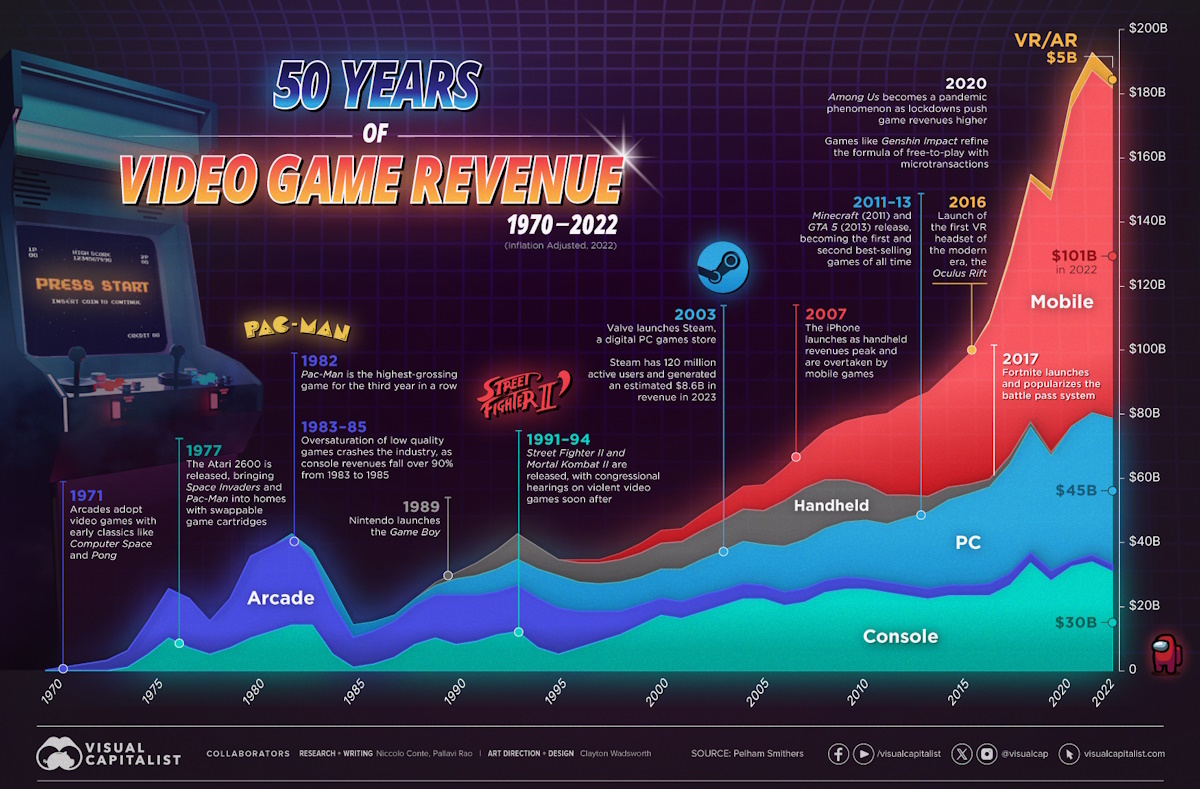AI and Wastewater: A New Frontier in Virus Detection and Public Health

AI and Wastewater: A New Frontier in Virus Detection and Public Health
Imagine a world where we can detect emerging viruses and pathogens even before they start causing widespread illness. Thanks to the innovative combination of artificial intelligence (AI) and wastewater surveillance, this future is rapidly becoming a reality. This powerful synergy is transforming public health, offering unprecedented insights into the spread and evolution of infectious diseases.
The Power of AI in Wastewater Surveillance
Wastewater surveillance gained prominence during the COVID-19 pandemic as a valuable tool for tracking virus mutations and spread patterns. Now, AI is taking this approach to the next level. By analyzing wastewater samples with sophisticated algorithms, AI can identify the presence of various pathogens, often earlier than traditional clinical tests.
- Early Detection: AI algorithms can detect viruses and other pathogens in wastewater before they are widely identified through clinical testing.
- Comprehensive Analysis: AI can simultaneously scan for multiple pathogens, providing a broader picture of public health threats.
- Rapid Response: The speed and accuracy of AI-driven analysis enable public health officials to respond more quickly to emerging outbreaks.
Real-World Applications and Examples
A recent study from the University of Nevada, Las Vegas (UNLV) highlights the potential of AI in wastewater surveillance. Xiaowei Zhuang, a UNLV neuroscience graduate student, developed an AI-driven algorithm that can detect influenza, RSV, mpox, measles, gonorrhea, Candida auris, and other pathogen variants in wastewater. This technology offers a significant advantage in monitoring and managing public health.
Beyond virus detection, wastewater analysis can also reveal important information about community health, such as:
- Tracking antibiotic resistance
- Monitoring illicit drug use
- Assessing the overall health of a population
Benefits of AI-Enhanced Surveillance
The integration of AI into wastewater surveillance offers numerous benefits:
- Improved Accuracy: AI algorithms can identify subtle patterns and anomalies that might be missed by human analysts.
- Increased Efficiency: Automated analysis reduces the time and resources required for manual testing.
- Enhanced Predictive Capabilities: By analyzing trends in wastewater data, AI can help predict future outbreaks and inform public health interventions.
Key Takeaways
The convergence of AI and wastewater surveillance represents a significant advancement in public health. This innovative approach enables early detection of emerging viruses, comprehensive analysis of community health, and improved accuracy and efficiency in monitoring infectious diseases. As AI technology continues to evolve, its role in safeguarding public health will only become more critical.
References
- How AI can enhance early detection of emerging viruses
- AI and wastewater surveillance unite to detect emerging viruses
- How AI Can Enhance Early Detection of Emerging Viruses: UNLV Study | UNLV
- Alberta wastewater unlocked key information about COVID-19. Could it help with measles too? | CBC News
- Frontiers | Artificial intelligence in early warning systems for infectious disease surveillance: a systematic review
- COVID-19 Wastewater Data – Variants | NWSS | CDC
- Wastewater surveillance: a critical tool in pandemic management - LGC





